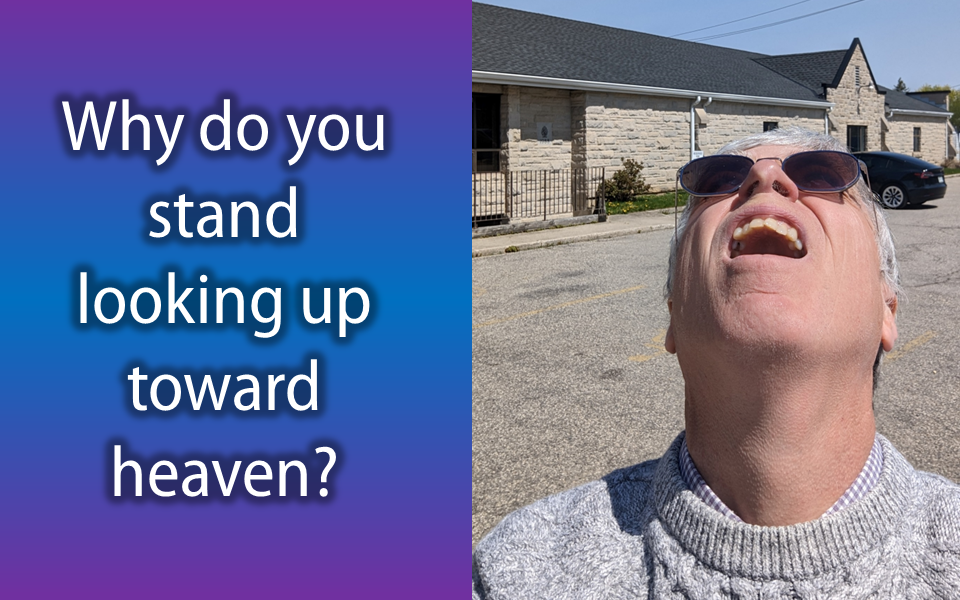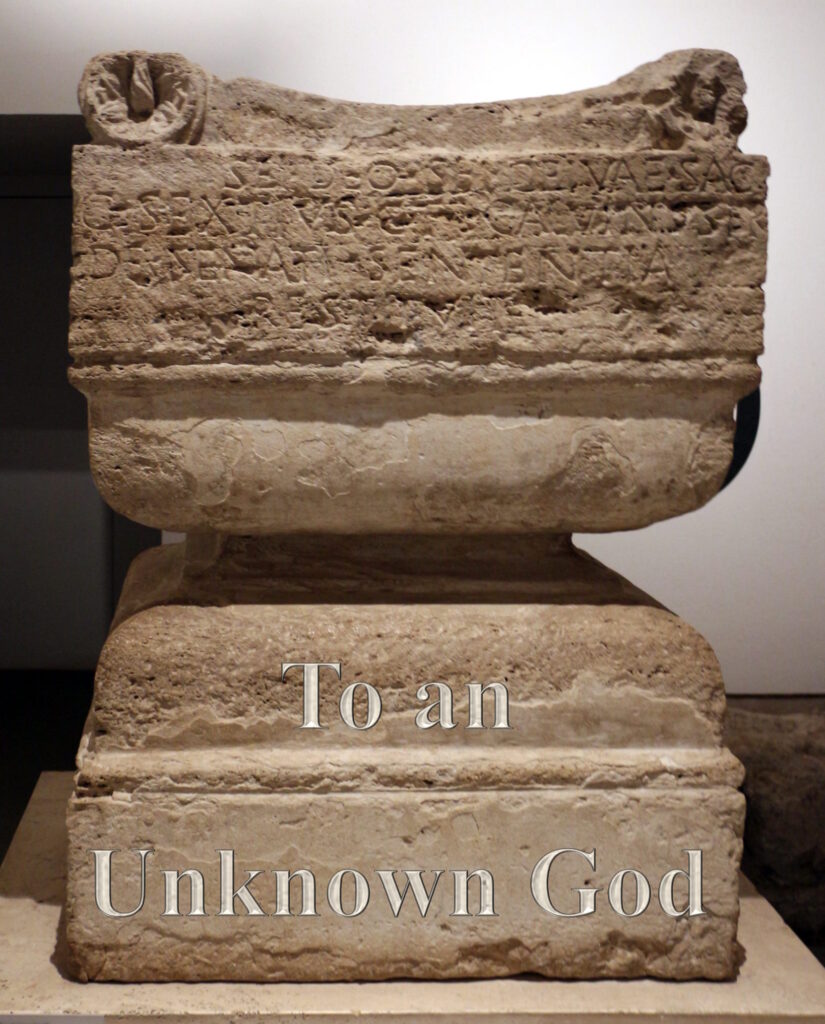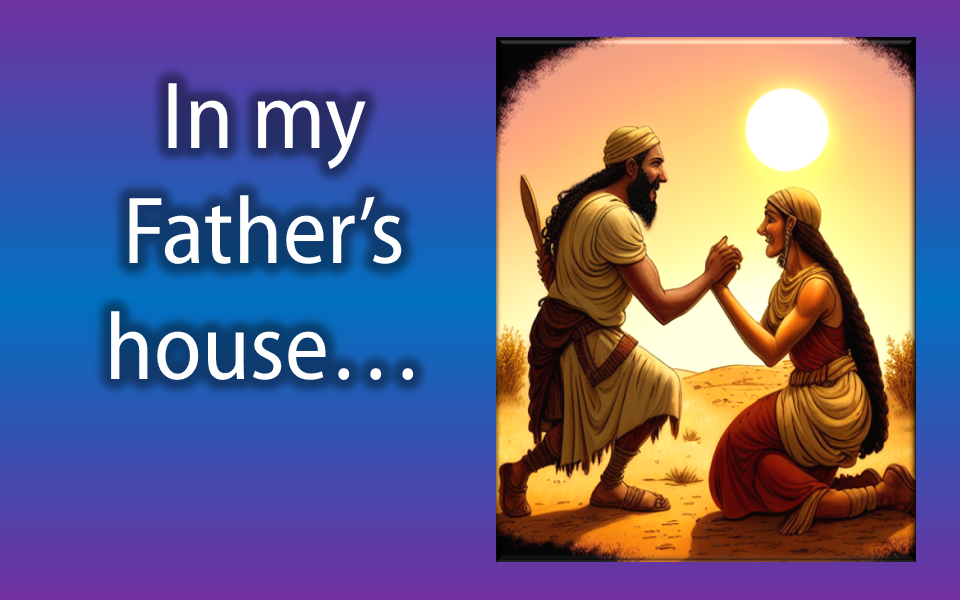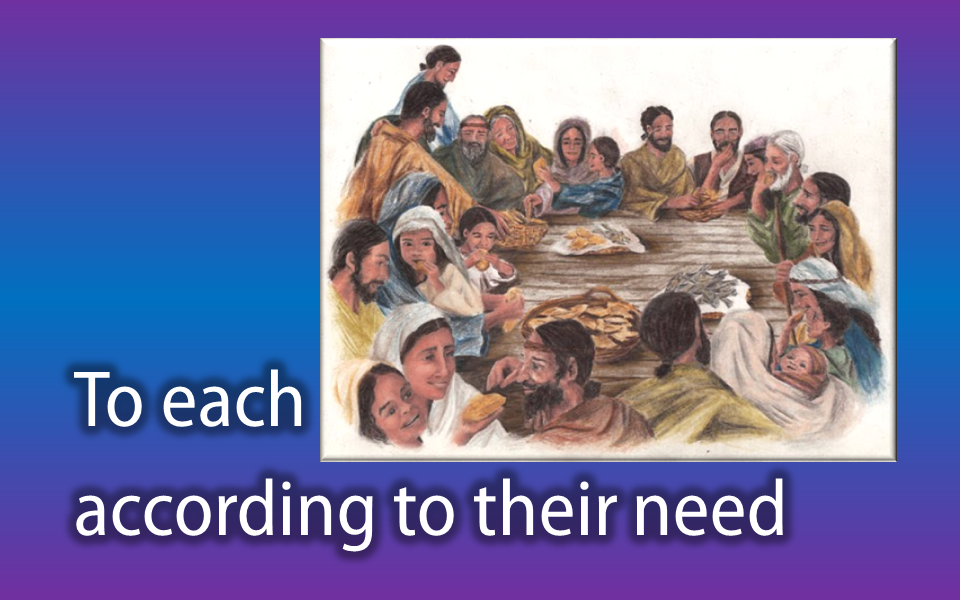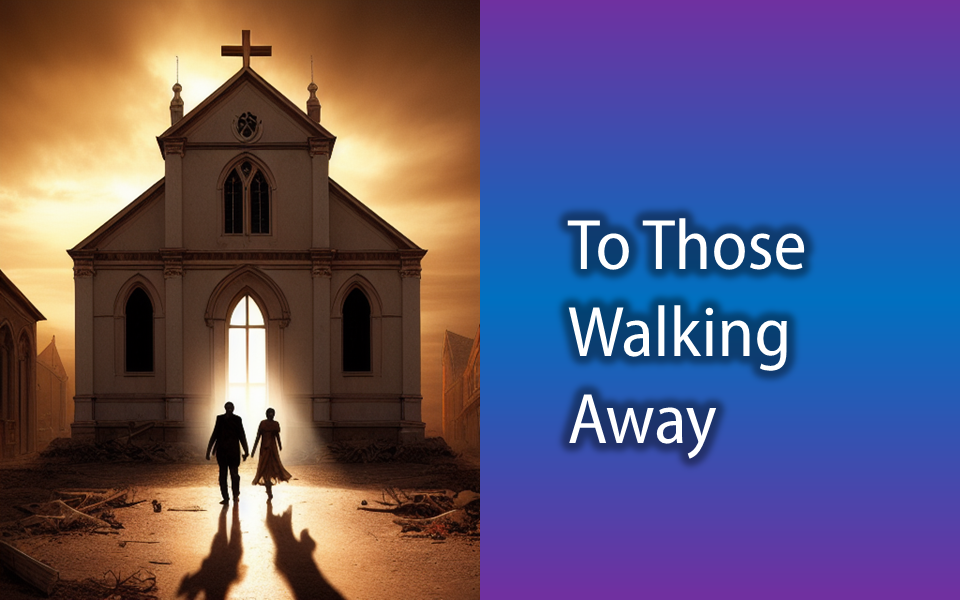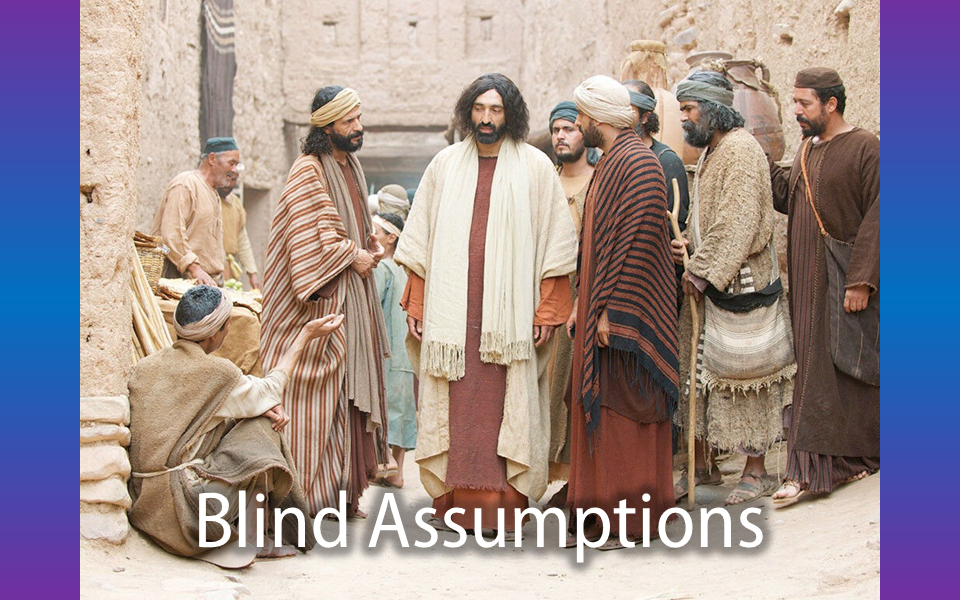Hespeler, May 28, 2023 © Scott McAndless – Pentecost
Numbers 11:24-30, Psalm 104:24-34, 35b, Acts 2:1-21, John 20:19-23
You might not know this about me, but I have a degree in Linguistics – the study of language. And that has always meant that I look at the famous story of the Day of Pentecost in the Book of Acts a little differently from most preachers.
I cannot just turn off the Linguist part of my brain when I read it. I cannot help but notice, for example, that, on one level, the miracle of people speaking in different languages was not really necessary for comprehension.
Everyone Spoke Greek
It is true, of course, that various people who lived in various places spread all over the known world at that time had their own local languages. But it is also true that, because of the conquests of Alexander the Great and the Roman Empire, many people had also learned at least one other language.
If you traveled or traded or dealt with government officials, you learned to speak Greek. You had to just to get by. And so, even if expatriate Jews and some Gentiles had travelled to Jerusalem for the festival of Pentecost, and even if they spoke the local language back home, they all had a very easy and convenient way to communicate with each other: just speak Greek.
What is the Point?
So, what is the point of these members of the church suddenly speaking in all these local languages from back home? What is it supposed to accomplish? It can’t be about comprehension, so what is it about?
Ah, but any Linguist understands that language isn’t just about comprehension. It also serves several social functions. So, I suspect that something else is going on in this story. But, to understand what it is, you may need to put yourself in the sandals of one of those outsiders who had come in for the festival that year.
A Visitor from Parthia
Shimeon was a Jew, but he was a Jew who had lived all his life in Parthia. And, for almost all of that life, the King of Parthia had been at war with the Emperor of Rome. Even though it was practically required of all Jews that they should travel to Jerusalem every year for the three main festivals, everyone understood that those who lived elsewhere could only make the trip rarely.
But when you live in a place at war with Rome, when you literally have to cross a demilitarized zone to get from your home to the temple in Jerusalem, you can imagine that even doing so rarely could become impossible.
A Wonderful Opportunity
The fact of the matter was that Shimeon had never been able to make the pilgrimage, not even once in his entire life. So, he had been so very excited when things had worked out and he was able to come down for the Festival of Passover this year. It was a wonderful opportunity to connect with the heritage and traditions of his people that had always been so hard to hold onto in far off Parthia.
As a Jew, a member of a minority community, he had always felt like an outsider in Parthia. He was excluded from all religious festivals and most other social gatherings in the mainstream society. So, of course he had been looking forward to being in a place where he was surrounded by Jewish people and by Jewish practices and worship. He had thought that he might find himself here. But, things had not quite gone as he had expected. A lot of it had to do with language.
Jews in Parthia
When the small Jewish community in Parthia gathered in synagogue, they sometimes did some prayers and rituals in the old Hebrew language. But the old language didn’t mean much to them. When the elders read the scriptures, they occasionally read from the few Hebrew scrolls that they had, but then they had to explain what they meant to the younger people in Greek. So, it was usually much easier to read from the popular Greek translation known as the Septuagint. These scrolls, that had first been published some two centuries earlier, were also easier to obtain in far-off Parthia than any Hebrew scrolls.
So, while Shimeon had heard some archaic Hebrew, he really wasn’t comfortable using it. But he hadn’t expected that to be a problem on this pilgrimage. Wherever he had traveled before, he had always managed to get by in Greek, surely things would be the same in Jerusalem.
Treated like an Outsider
But it had not worked out that way. As he dealt with the native Judeans – bartering for a place to stay or for food in the marketplace or even just asking for some directions – when he spoke to them in Greek, he could tell that they could understand him. When he asked for the price of the figs, for example, they looked right at the basket of figs in the booth, but then they stubbornly answered him in the local dialect of Aramaic.
Aramaic was somewhat related to old Hebrew, so he was sometimes able to work out what they were saying, but then, when he tried to answer them in the language that he had heard in the synagogue back home, they laughed at him, calling his accent strange and ill-tutored. They then used this as a ready excuse to overcharge him or deny him the goods he had been looking for.
Understanding the Judeans
You see, the Judeans, who had so long felt like outsiders in the big world of the Roman Empire, tended to make up for that by treating those who came from other places like minorities and outsiders. They refused to speak common Greek to them. They doubled down on the local Aramaic dialect and were only too happy to make fun of the way that the outsiders spoke.
They did this to all of the outsiders who came down to the festival, even those who only came from as close as Galilee. Galileans, in many ways, were the most like the Judeans, especially in their dialect. But the Judeans went out of their way to make fun of their strange northern accent.
So, even though participating in the events of the festival had meant a great deal to him, ever since he had arrived, Shimeon still felt as if he didn’t belong here either. It made him wonder if he really belonged anywhere.
A Sudden Disruption
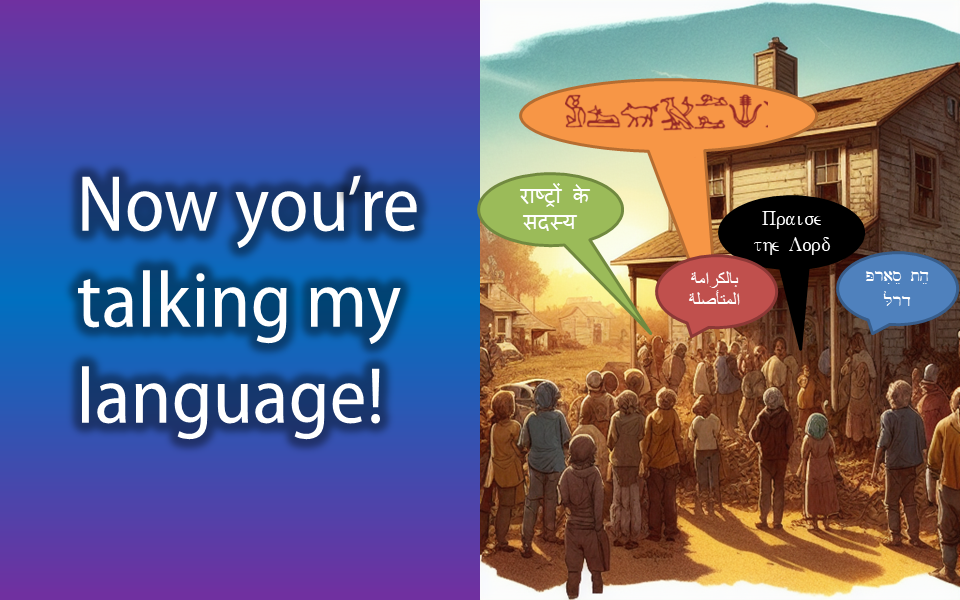
The greatest day, the climax of the festival, was the day when the people brought their first fruits to present in the temple. It was a chance to give back to God from the very best that God had given to them over the year. And Shimeon was excited as he joined the throng moving through the streets. If he didn’t speak, no one looked twice at him and, for a few moments he could feel as if he was part of something much bigger than himself.
But suddenly, as he passed by a side street, he heard some shouting. It sounded… different. It didn’t have the same cadence and rhythm of the local Aramaic language. It seemed strange and out of place here, and yet the thing that really struck Shimeon about it was a strange familiarity. There was something in it that felt like home to him, as if he were suddenly back on the streets of the city in Parthia where he had grown up and played with the other local boys.
Galileans Behaving Strangely
And so, he turned aside, as did a number of other worshippers in the crowd. They soon came upon a small group of men and women who had gathered outside of a house. It was quite plain that all of them, by their clothing and their mannerisms, were Galileans. But, amazingly, they weren’t speaking like Galileans. To his wonder and amazement, Shimeon noticed that one of them, a young man, was shouting out praises to God in the local language of Parthia – the very language he had grown up speaking on the streets.
As he looked around at him, he saw many other pilgrims has been drawn to the spot. They, like him, had traveled from many places to be here for the festival – Mesopotamia, Cappadocia, Pontus and Asia, Phrygia and Pamphylia. Oh, there were too many to name! And he could see by the looks on their faces and by the tears that they were wiping from their eyes that they were reacting much as he had. They also had felt completely excluded up until this moment, but they all suddenly felt that they belonged.
Judean Backlash
But they were not the only ones who had been attracted by the disturbance. There were also some local people too, some Judeans. And they were moved by what they heard as well, but not in the same way. Many of them were furious. For, in and amongst all of the various languages and accents that had been emanating from the group of Galileans, there were also words spoken in the local Judean dialect.
The Judeans in the crowd felt as if they were being mocked by these crude Galileans. Why, the very idea that their language, the language obviously favoured by God, could be counted merely as one among so many others was unacceptable. And so, they, for their part, began to shout out against these Galileans. “Don’t listen to these country Bumpkins,” they cried. “Here it is. Only nine o’clock in the morning and they are already drunk and raving like lunatics!”
A Galilean Speaks
But then the crowd fell silent as one of the Galileans stepped forward. Everyone wanted to hear what he might have to say about such wonders. “Fellow Judeans, and all who live in Jerusalem,” he said, speaking specifically to those who had been criticizing them. He spoke in very poor Greek, mixed with many Aramaicisms and a heavy Galilean accent. “Let this be known to you, and listen to what I say. Indeed, these people are not drunk as you suppose, for it is only nine o’clock in the morning.” And so began the very first Christian sermon ever preached.
Something about the Early Church
When the writer of the Book of Acts started writing his account of the beginnings of the Christian movement, he knew a number of things about the earliest church. He knew, for example, that one of the practices of the church from near the beginning (and perhaps it continued into his own day) included believers speaking in strange languages.
It worked like this. Some believers, while they were gathered with the community in worship, would enter into an ecstatic state. This is something that human beings have been doing for a very long time. They get all worked up in a frenzy until they lose all ordinary control of themselves. It is something that still happens to this day in various settings including worship services and raves and even some practices that use psychotropic drugs.
Speaking in Tongues
In this state, the believers would sometimes speak in unintelligible languages. These were not actual languages, but more like ecstatic utterances. In his Letter to the Corinthians, Paul insisted that they could only be understood through a similar act of ecstatic interpretation by another believer.
But the act of speaking in tongues, as it was called, could be very moving and had the effect of deepening the worshipper’s connection to God and the community through the Holy Spirit. As a result, those who engaged in it seem to have sometimes thought that they were somehow better Christians than those who didn’t. The Apostle Paul saw that as a problem.
The Author of Acts Makes it Mean Something Else
The author of the Book of Acts obviously knew about this practice. But when he came to write the story of the origins of the Christian Church, he decided to present it in a different way. He decided, for just this one occasion it seems, to transform this speaking in tongues into something that wasn’t just ecstatic and unintelligible. He had the first Christians on that first day speak in the local languages of people from every corner of the known world.
Why did he do this. I think he was trying to say something – something that was probably more symbolic than it was literal.
A Writer who Knew About Being an Outsider
We don’t actually know who wrote the Book of Acts. Christian tradition says that it was a man named Luke, but we can hardly be sure of that. Whoever he was, though, he was almost certainly a man who spoke Greek as his first language. His Greek is excellent.
So perhaps he had had the experience, as a Greek interested in the God of Israel, of going to a festival in Jerusalem and being treated like an outsider. He knew what it was like to be the outsider who the locals thought talked funny. I wonder if that is why he reimagined the practice of the early church of speaking in tongues as something that could overcome that kind of prejudice and mistreatment.
If that’s what he was doing, he was putting forward something very hopeful. He was drawing a compelling picture of what the church could be – a community where there really was a place for anybody and nobody ever got treated as a second class citizen. That is an idea of the church that I still cling to and aspire to. If we could all aspire to that, I think that God would do some amazing things among us.
